Are Phytoestrogens in Food Good or Bad for Us?
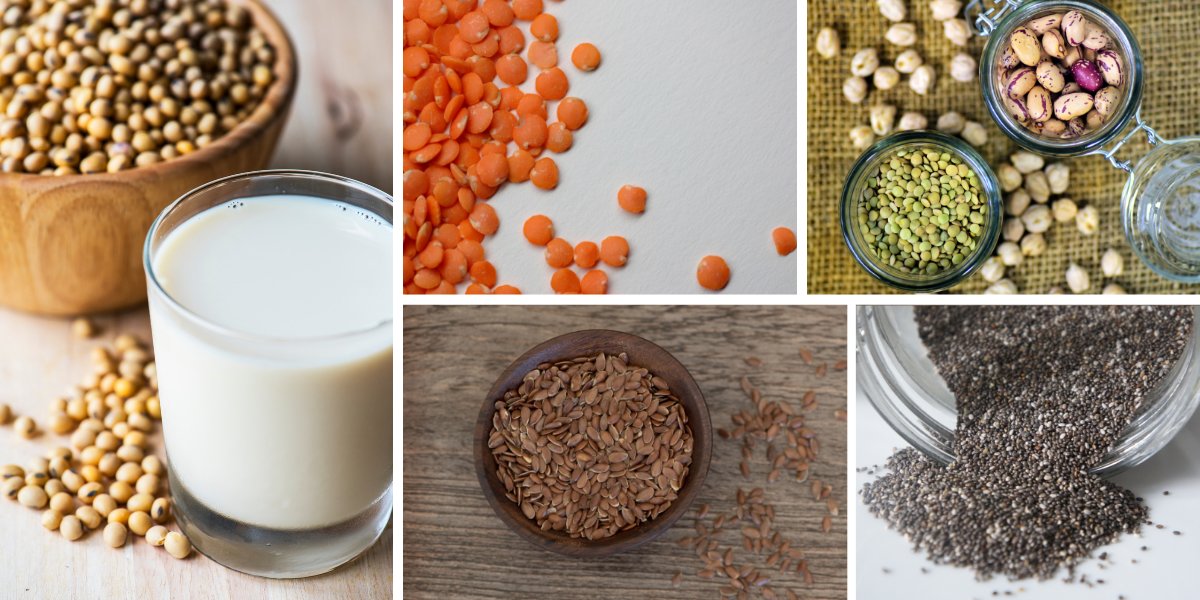
I get a lot of questions about hormonal health – and rightly so, because all of the information available about our hormones, the endocrine system and reproduction can be difficult to wade through and understand. Phytoestrogens, which are nearly impossible for us to avoid, are found in everyday foods and, like many other compounds, have the ability to be either helpful or harmful. How do we know which is which? And more importantly, how do we know if phytoestrogens are good or bad for us?
Well, in my case, my genetic testing showed an impaired ability to detoxify estrogens. There is more on this below, but to summarize quickly, plant-derived phytoestrogens are weaker than body-produced endogenous estrogen. Both compete for spots on receptors. You can think of these receptors as parking spots. If one spot is taken up by a phytoestrogen, then there is less space for endogenous estrogen. Estrogen can only elicit a response in the body if it gets one of those sought after parking spaces. So in simplest terms, phytoestrogens help to reduce receptor spots available for the regular kind and in some cases (outlined below) they become beneficial. Bring on the ground flaxseeds…. on everything (how do flaxseeds feel about being no one’s favourite food)? But while phytoestrogen-containing foods are good for me, they are not for everyone.
When considering the whole population, the question of whether phytoestrogens are good or bad for us is not a simple one to answer. So let’s dive into understanding what phytoestrogens are, what foods we find them in and how they may affect your health and wellness in a good or bad, positive or negative way.
What Are Dietary Phytoestrogens?
Phytoestrogens are compounds found in certain plant foods that mimic our own production of estrogen in the body. They are not considered nutrients because if we don’t consume them we won’t suddenly develop a deficiency; however, they are able to produce estrogenic effects by binding to our estrogen receptors. To paraphrase an analogy from my husband Josh, our estrogen receptors are like parking spots. When a phytoestrogen pulls into that parking spot, it takes up that space and prevents estrogen from pulling in – or binding.
Dietary phytoestrogens are sometimes called anti-estrogens because they are much weaker than estrogen produced by our bodies (or from hormonal medications). They can also help modulate estrogen levels, either bumping them up if estrogen is too low or helping to reduce them if estrogen is too high.
Phytoestrogens vs Xenoestrogens
You may have heard of xenoestrogens, which are a larger class of endocrine-disrupting chemicals that lead to a build-up of estrogen, or estrogen dominance. BPA, plastics, parabens, phthalates, insecticides and herbicides are some examples of xenoestrogens. These only have a negative effect on health, whereas phytoestrogens can have a varying effect depending on the person.
Food Sources of Phytoestrogens
Dietary phytoestrogens are classified into four main categories.
Isoflavones
- Soy and soy products
- Legumes
Prenylflavonoids
- Hops and beer
Coumestans
- Alfalfa and clover sprouts
- Split peas
- Pinto beans
- Lima beans
Lignans
- Flax seeds
- Sesame seeds
- Whole grains
- Fruits and veggies
- Legumes
The Good: Potential Health Benefits of Phytoestrogens
As is often the case with health and nutrition, there is some debate as to the health benefits and risks of phytoestrogens.
Some of the potential health benefits of dietary phytoestrogens include:
Menopausal Symptoms + Bone Health
Since estrogen production begins to decrease in peri-menopause and menopause, dietary phytoestrogens can have a balancing or boosting effect. Evidence indicates phytoestrogens can help with some menopausal symptoms like hot flashes and can help improve bone density.
Cardiovascular Health
There is limited evidence that whole food sources of phytoestrogens may reduce the risk of cardiovascular disease in women and improve lipid profiles. However, other researchers have drawn the conclusion that phytoestrogens do not have an effect on heart disease risk or don’t have any greater impact than a placebo.
Obesity + Metabolic Syndrome
Phytoestrogens may help to reduce body weight and help manage blood sugar levels.
Anti-Cancer Properties + Reduced Risk Of Breast Cancer
Some evidence indicates that phytoestrogens can help inhibit tumour growth in human breast, lung and colon cells. Studies are mixed about overall breast cancer risk – some researchers conclude it may lower breast cancer risk while others say it may possibly raise the risk. Further research asserts that risk may be location dependent and that women in Asian countries who consume phytoestrogens have a lower risk of breast cancer than women in Western countries.
The Bad: Potential Health Risks of Phytoestrogens
Compromised Endocrine Development
Researchers are flagging concerns about pre-puberty consumption of phytoestrogens, noting they can have an effect on the development of the reproductive system and the brain. Phytoestrogens may contribute to early puberty, reproductive abnormalities, reduced fertility and reproductive tract cancers.
In pregnant women, phytoestrogens like soy isoflavones can pass through the umbilical cord to the fetus – however, the circulating levels of phytoestrogens in utero are much, much lower than what babies receive when they are fed infant soy formula.
According to this review: “Infants fed soy formula have circulating phytoestrogen concentrations of approximately 1000 ng/ml, 13,000–22,000 times higher than their own endogenous estrogen levels, 50–100 times higher than estradiol levels in pregnant women and 3000 times higher than estradiol levels at ovulation.” That is a very disturbing fact for me to read!
Increase In Breast Cancer
Some evidence claims that consumption of phytoestrogens can lead to excess estrogen in the body, creating an increased cancer risk, while others point out that breast cancer risk is dependent on other factors like whether there is a genetic history or predisposition to hormonal cancers. Yet another study found that breast cancer risk may be dependent on when we begin consuming phytoestrogens such as soy, linking early exposure to soy to a higher risk of breast cancer.
Fertility + Hormone Disruption
Phytoestrogens are, by their very nature, endocrine disruptors. In some cases, they may have a positive effect but it’s also possible for them to swing the other way and lead to hormonal imbalance and reproductive issues such as infertility.
Thyroid Function
In vitro and animal studies indicate that phytoestrogens may inhibit thyroid enzymes and impact thyroid function, though human studies are inconclusive.
What About Soy? Is It The Real Problem?
When you read the word ‘phytoestrogen’, the first food you may have thought about was soy. Soy is an abundant source of phytoestrogens and is certainly a contributing factor because it is so ubiquitous. As I’ve written in previous posts, soy can be found in a multitude of foods and in places that we wouldn’t expect, either. For many of us, soy might be the main source of phytoestrogens we consume.
Soy quality is important, too – highly genetically modified soy, as well as processed soy oils, are far more likely to have a detrimental impact, while consuming high-quality sources like organic tempeh, tofu/sprouted tofu, miso or gluten-free soy sauce may not have the negative effects.
Are Phytoestrogens Good Or Bad: Important Considerations
Part of the reason why the consensus on phytoestrogens is mixed is there are many contributing factors at play. Our bodies don’t work in isolation. Some of the aspects that can affect how phytoestrogens will influence our health include:
- Age/stage of life
- Gender
- Microbiome status (our gut bacteria can help regulate estrogen levels)
- Current hormone balance
- Source of phytoestrogens – are you eating whole foods or ultra processed foods?
- Ethnicity
- Amount/duration of consumption
- Overall health status
- Lifestyle – use of endocrine-disruptive personal care products, home cleaners, plastics, contraceptives, electronic devices, etc., are you sleeping, eliminating effectively, drinking enough water, eating quality foods?
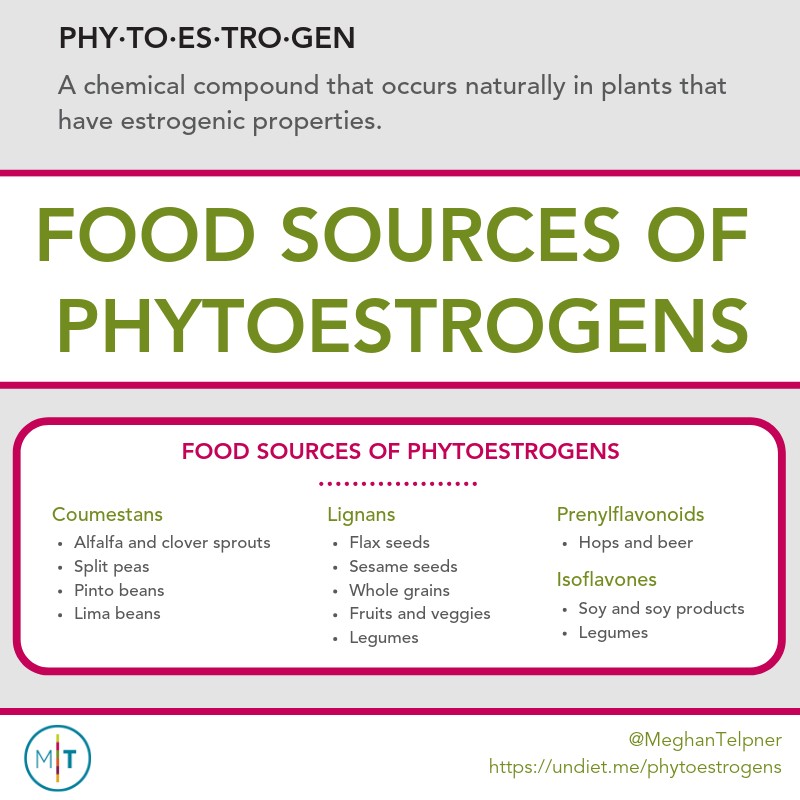
Free Resource Library
Enjoy more than 40 downloadable guides, recipes, and resources.
















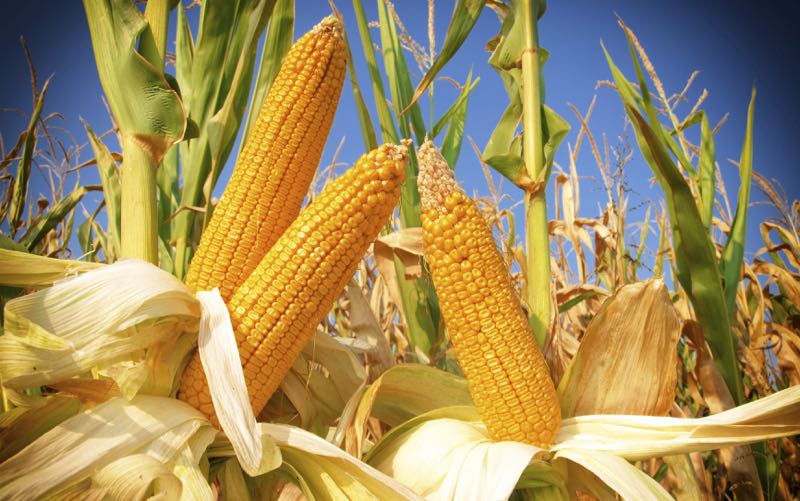
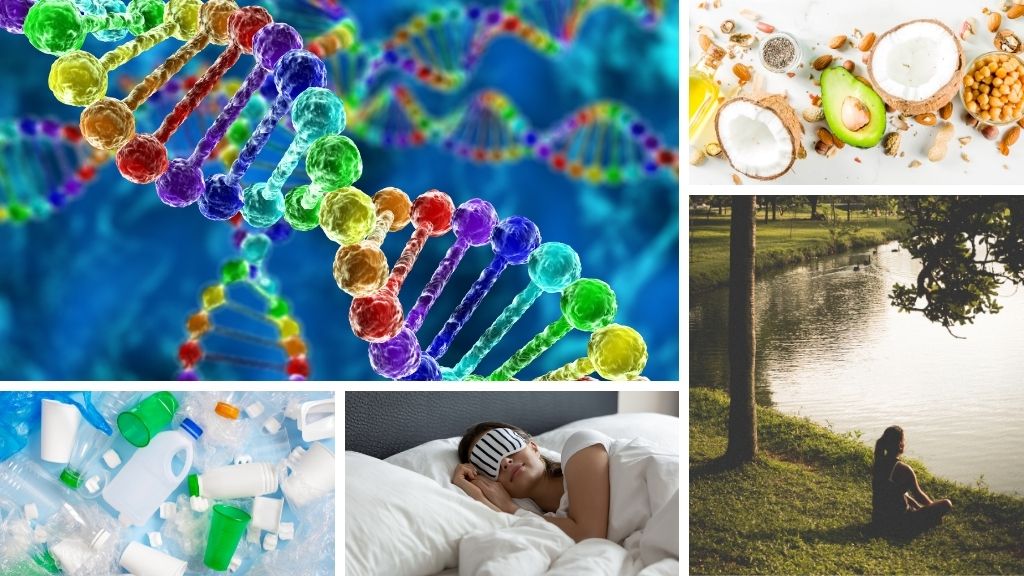

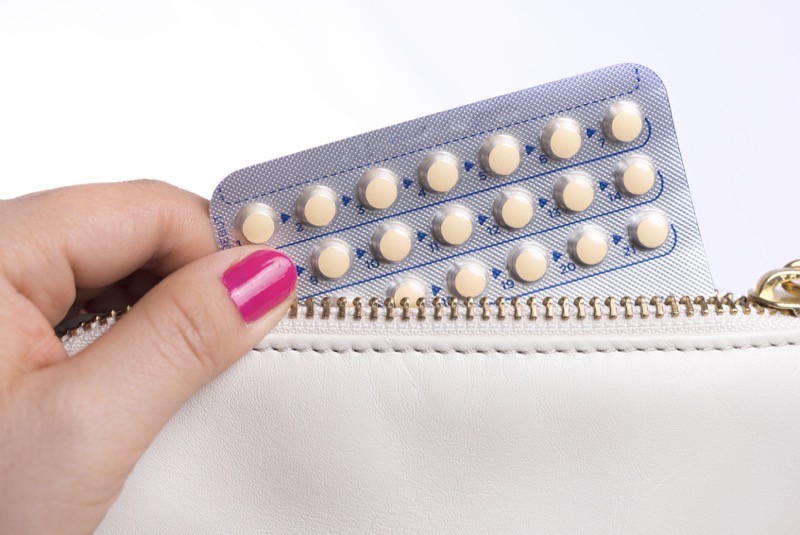
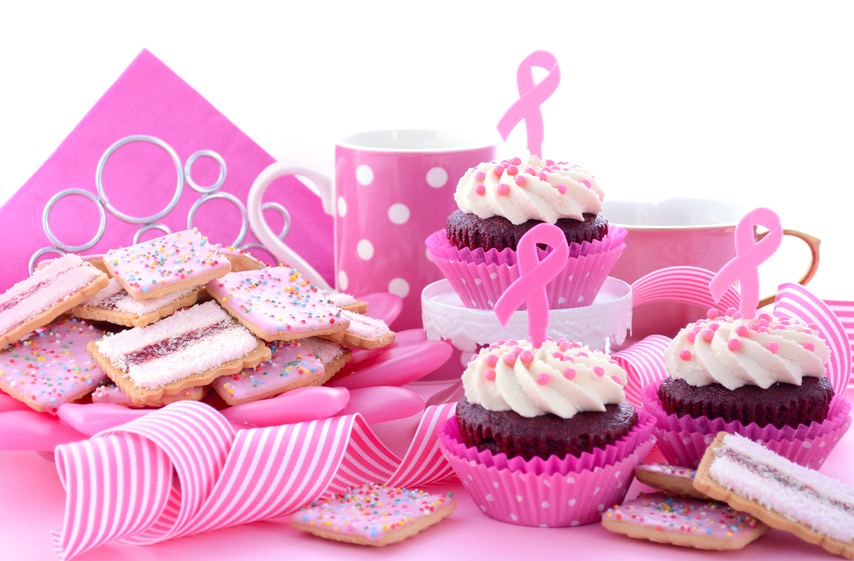



Wow. This quote says a lot:
“Dietary phytoestrogens are sometimes called anti-estrogens because they are much weaker than estrogen produced by our bodies (or from hormonal medications). They can also help modulate estrogen levels, either bumping them up if estrogen is too low or helping to reduce them if estrogen is too high.”
I’ve cut back on a lot of veggies because of the carnivore diet scare tactics and while I’m not a carni, I have gained a ton of weight and cellulite eating less “evil phytoestrogens”.
My grandson is at puberty. His mum is keen on soy products. I have said that these may have a detrimental effect on his hormonal balance as he develops, and she should not be giving them to him. Do you have a view on that? Thank you